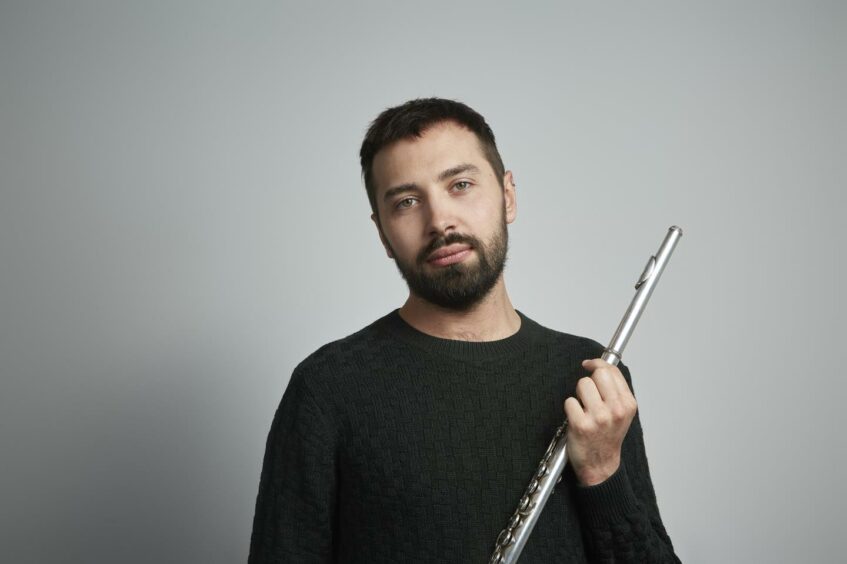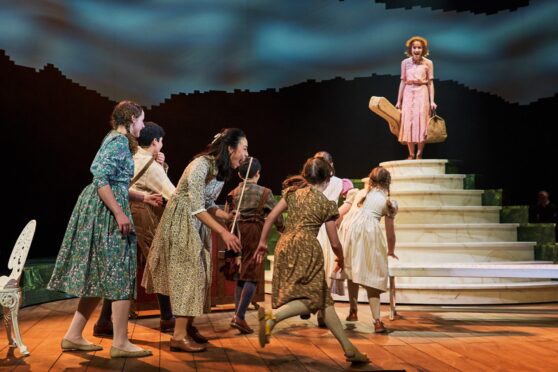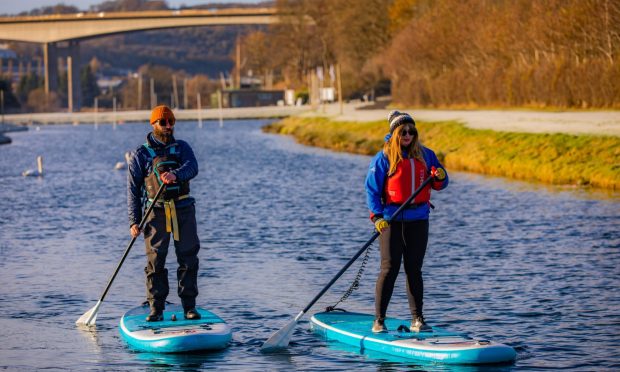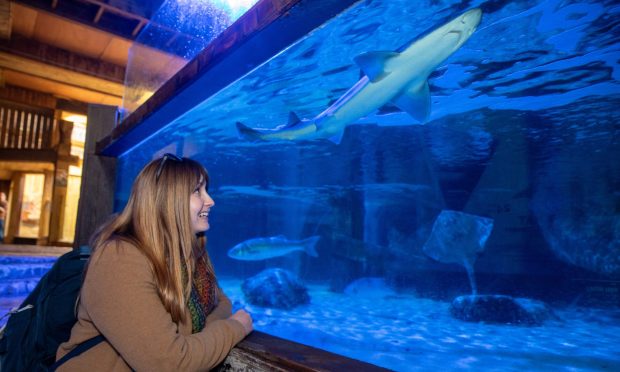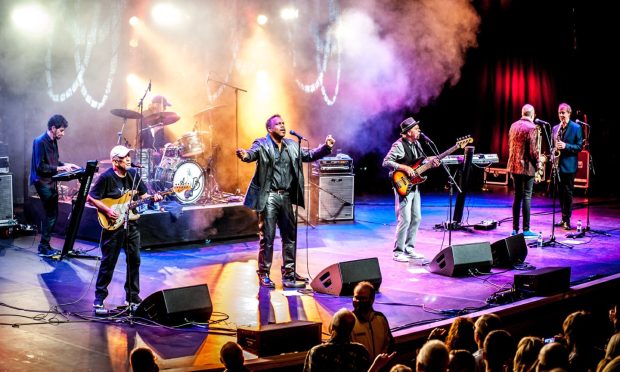Flautists had a great time in the Baroque and early Classical era, especially those who were given special exposure.
Bach’s Brandenburg Concertos favoured them highly and Mozart contributed two lovely flute concertos, as well as one paired with harp.
To the uninitiated, there would then appear to be a vacuum, whereby the flute was disregarded as a solo instrument, unless in an orchestral capacity.
However, it takes one man and an hour of music to prove that there was a rich vein of solo flute music in the classical/romantic period.
The man was Adam Walker, and the hour was his lunchtime concert in Perth’s Concert Hall on Tuesday.
A niche for the solo flautist
Mercurial Irishman James Galway carved a niche for the solo flautist in the 20th Century, and since then there have been many keen to follow his example.
Adam Walker is just one who has taken performances on the flute to stratospheric proportions.
This concert bore testament to that. Not only that, he introduced us to two works you wouldn’t normally hear, Schubert’s Variations on Trockne Blumen (Withered Flowers) and Doppler’s Airs Valasques, as well as an arrangement of Mozart’s K570 piano sonata.
It’s a close call, but the Mozart took top billing. I find some arrangements tedious and a poor reflection on the original.
Singing as no pianist could
Not this one, as it did justice to the music and never deviated from Mozart’s intention – to provide a work of immense pleasure.
Walker’s tone in the second movement sang as no pianist could, and if you were waiting for a display of manual dexterity coupled with astounding breath control, the final Allegretto did not disappoint.
The works that bookended this were also anything but disappointing as both held sway to Walker’s amazing technique.
Schubert wrote only one work for flute and piano, and if the first two variations lulled you into a sense of comparative ease, one was nudged into a world of explosive chords from the keyboard and some helter-skelter fast-flowing passages from the flute.
There was flamboyance from both Walker and pianist James Baillieu in a work that ran the emotions from the peaceful to the stormy.
Doppler’s Airs Valasques was another perfect vehicle for Walker – and Baillieu, no less – to display some astounding technique.
An almost instant cadenza did exactly that for the former, and if I did detect a sort of “czardas” feel, the composer’s mid-19th Century Austro-Hungarian upbringing laid weight to that.
‘I had my heart in my mouth’
Walker was in his element in this work, from high to low registration, from pianissimo to double forte and from crotchet to semi-quaver.
Everything was technically superb, but there was a touch of bravado too.
I had my heart in my mouth in the frantic and furious passages which came within a whisker of derailment, but skill and panache ruled the roost.
Self-taught at the age of nine, Walker’s natural talents have seen him soar to the very top of the classical tree.
Not only that, he’s shining a light on music for the flute, be it original or arranged. And it’s a light that shines very brightly.
You might enjoy:
MUSIC REVIEW: Joy of hearing Brahms’ first piano concerto again

